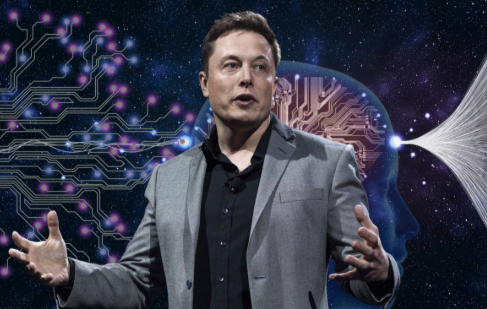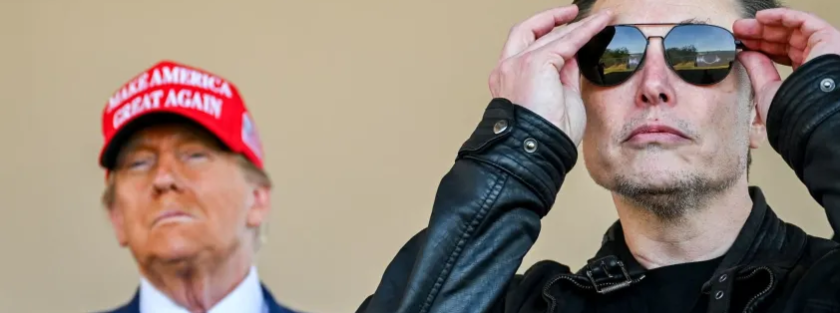With Donald Trump set to return as president on January 20, 2025, the United States could see a significant shift in its approach to regulating artificial intelligence. Influential figures like Elon Musk are expected to play key roles in shaping these policies, as Trump has appointed Musk to co-lead the “Department of Government Efficiency.”
Meanwhile, the European Union has been leading the charge with the world’s first comprehensive AI regulations. However, its strict measures have drawn criticism from American tech companies, which view them as overly restrictive. Across the Atlantic, the U.K. has opted for a more lenient, business-friendly regulatory framework, highlighting a divergence in approaches between the EU and its neighbors.
In the U.S., the incoming administration is bringing several prominent business leaders, including Elon Musk and Vivek Ramaswamy, into advisory roles. Their influence is likely to extend to emerging technologies like artificial intelligence and cryptocurrencies, even though these topics were not central to Trump’s campaign.

The global regulatory landscape for AI in 2025 is poised for transformation. Key developments include the implementation and evolution of the EU’s landmark AI Act and the potential policy shifts under Trump’s administration. While the EU has prioritized stringent oversight, the U.S. may lean toward fostering innovation, setting the stage for differing strategies in AI governance.
Artificial intelligence is anticipated to be a major focus for the next U.S. administration, potentially driving significant advancements in this critical sector.
Click here to visit NBC DFW





